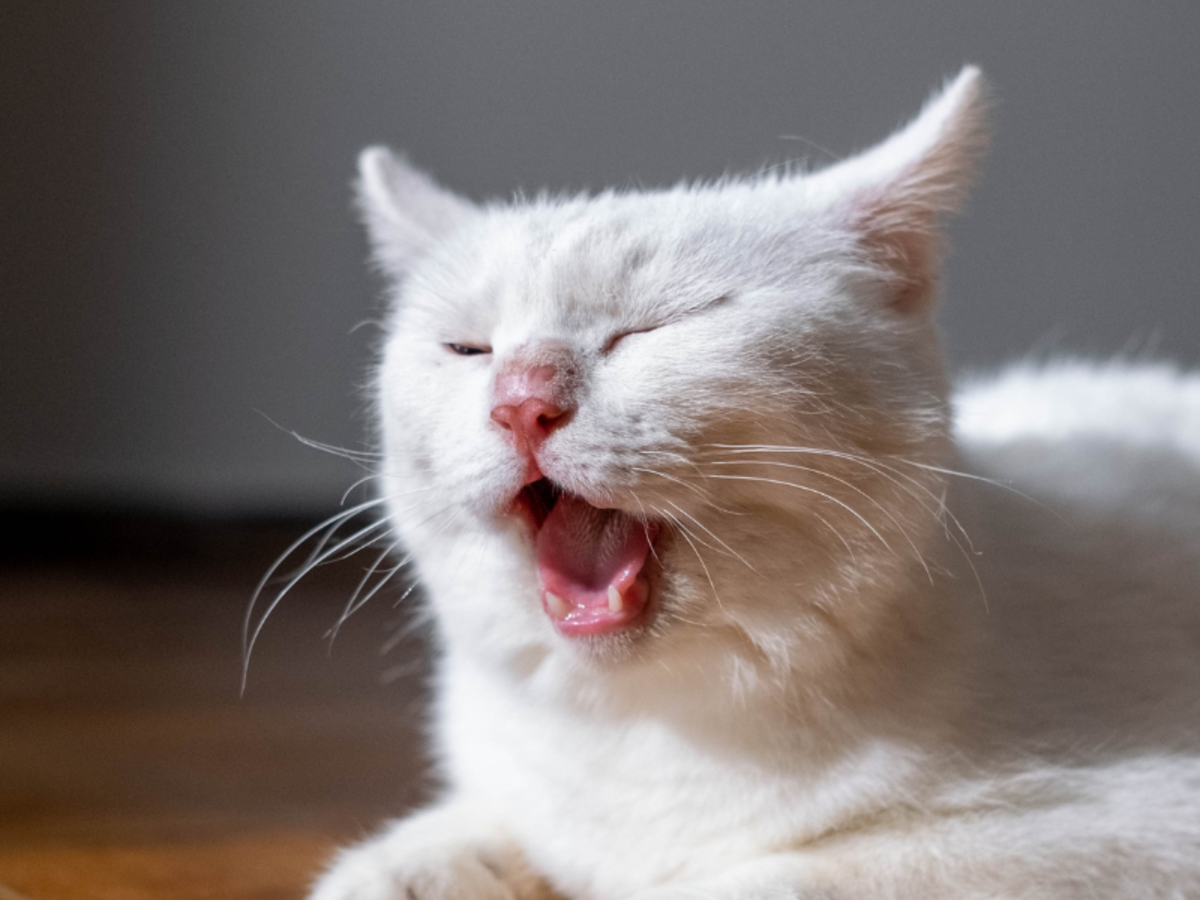
Heavy Breathing Cat? Dyspnea vs. Tachypnea and Care Tips HubPages
Heavy breathing in cats can manifest in various forms, each with its own potential causes and implications. Understanding these types of heavy breathing can assist both cat owners and veterinarians in determining the underlying issues. Rapid and shallow breathing, also known as tachypnea, is one type of heavy breathing commonly observed in cats

Heavy Breathing Cat? Know The 3 Best Reasons Why!
Labored, shortness of breath or difficulty breathing in cats, also known as dyspnea in cats, should be attended to immediately. Rapid breathing in cats symptoms include: Panting. Flared nostrils. Shaking. Weakness and lethargy. Excessive drooling. Visible chest movement. Labored breath.

Heavy breathing cat Heavy breathing cat, Tumblr funny, Funny pictures
Heavy breathing at rest, other than an occasional deep sigh, indicates dangerous health problems such as heart failure or severe lung disease. The most common signs of heavy breathing in cats include: Loud breathing. Choking. Fatigue or lethargy. Rapid rising and falling of abdomen or chest. breathing with mouth open.
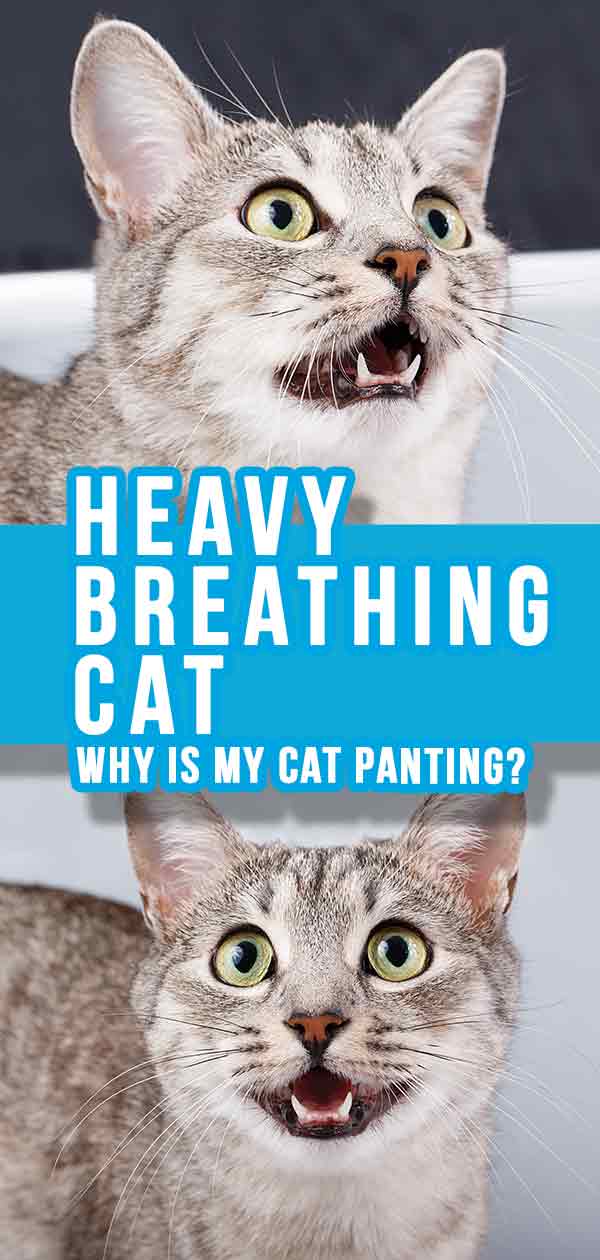
Cat Is Breathing Heavy And Wheezing Cat Meme Stock Pictures and Photos
To know if a cat is breathing rapidly, you first need to know a healthy respiratory rate (breathing) for a cat, which is 20 to 30 breaths per minute when resting calmly or sleeping. Breaths should create small movements of the chest; if your cat's sides are moving a large amount, this can indicate labored breathing. Be concerned if your cat.
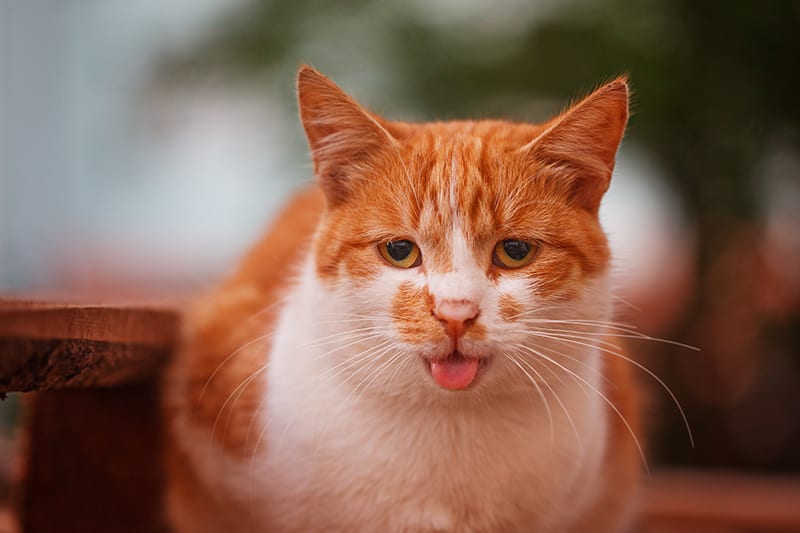
Help! My cat is breathing heavily, what should I do? Flat Rock
Trauma. Trauma is the least common cause of heavy breathing in cats. Typically pet parents are aware when trauma occurs. Cats who are hit by a car - or experience other trauma - develop rib fractures (breaks) or bruising (contusions) of the lungs. The pain as well as squishing of lungs or airways results in respiratory distress.

The D.S. Cat heavy breathing in his favourite bowl YouTube
To have a better understanding of what heavy breathing in cats looks like, you might need to consider what normal breathing looks like. A cat has a resting respiration rate that typically ranges from 15-30 breaths per minute. A respiratory rate over 50 breaths per minute means you should contact the vet. Hint: Count the number of breaths in 15.
*Heavy Breathing* cats
Your cat's heavy breathing can be broken down into three classifications: dyspnea, tachypnea, and panting. Let's learn more about each type of cat breathing heavy. 1. Dyspnea: Labored Breathing. Dyspnea means "difficulty breathing". Cats with dyspnea may exhibit the following symptoms:
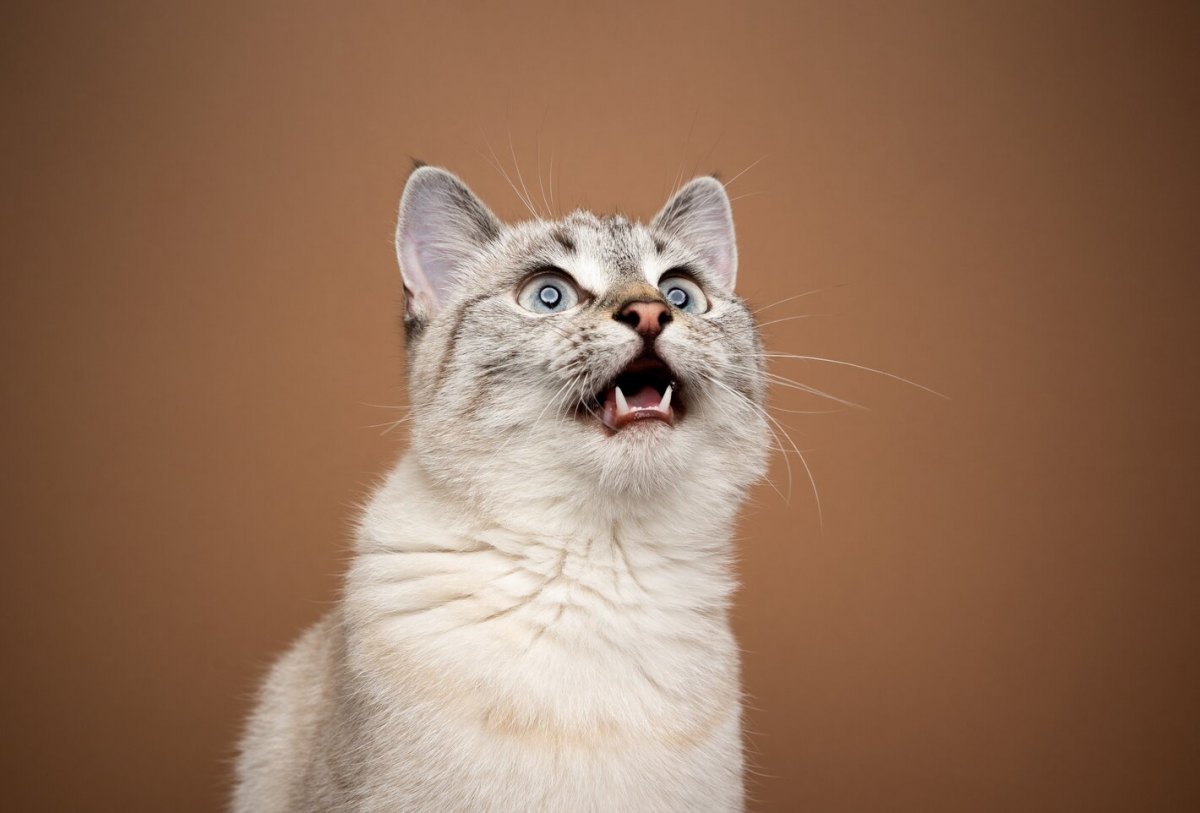
Heavy Breathing Cat The 3 Types Of Heavy Breathing And What They Mean
Airway Obstructions. Heavy and rapid breathing are conditions that result from extra fluid in the chest. This extra fluid in the chest typically causes labored breathing and can interfere with the cat's lungs. This, in turn, can impact the respiratory rate and how much oxygen is getting to your cat's heart with each breath.
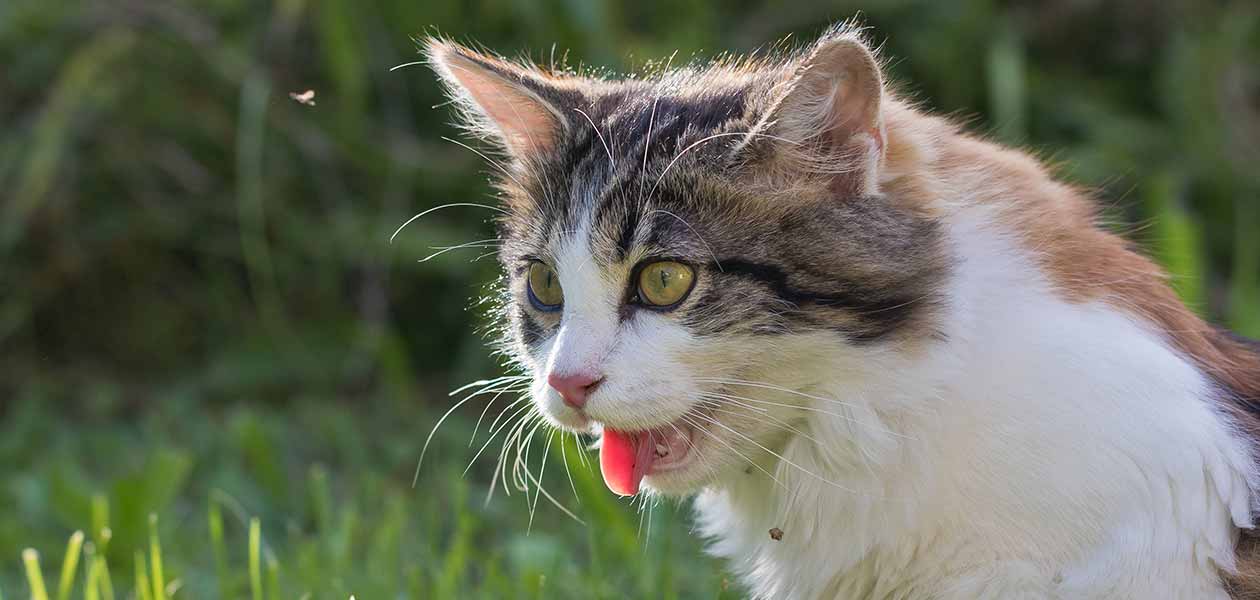
Heavy Breathing Cat Causes And Solutions For Panting Cats
Symptoms of respiratory infection in a cat can include: coughing. sneezing. nasal discharge. difficulty breathing. If untreated, respiratory infections can lead to more severe health problems, such as lung damage or pneumonia. 2. Asthma. Asthma is a respiratory disease that causes inflammation and narrowing of the airways.

10 Minutes Of Heavy Breathing Cat [Part 4] YouTube
Causes of Heavy Breathing in Cats. There are many causes of heavy breathing in cats, most of which pose a significant threat to their well-being. Asthma and Chronic Bronchitis - Cats with asthma and an associated condition, chronic bronchitis, often display labored breathing, wheezing, and coughing.
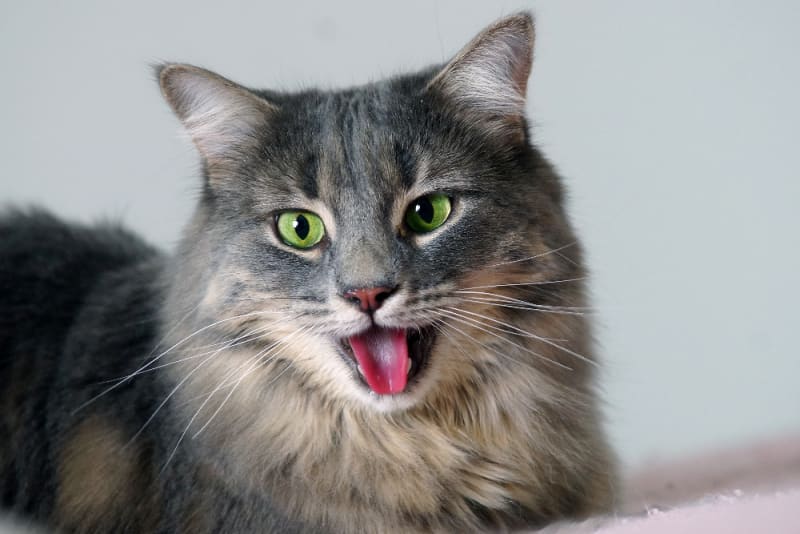
Heavy Breathing in Cats, Apple Valley Vets
A heavy breathing cat may experience other symptoms. Cyanosis, a bluish tint to the mucous membranes and gums, is a sign that your cat is not getting enough oxygen. A cat that can't breathe is a cat that has trouble moving without difficulty. This means fatigue is a common symptom of heavy breathing.
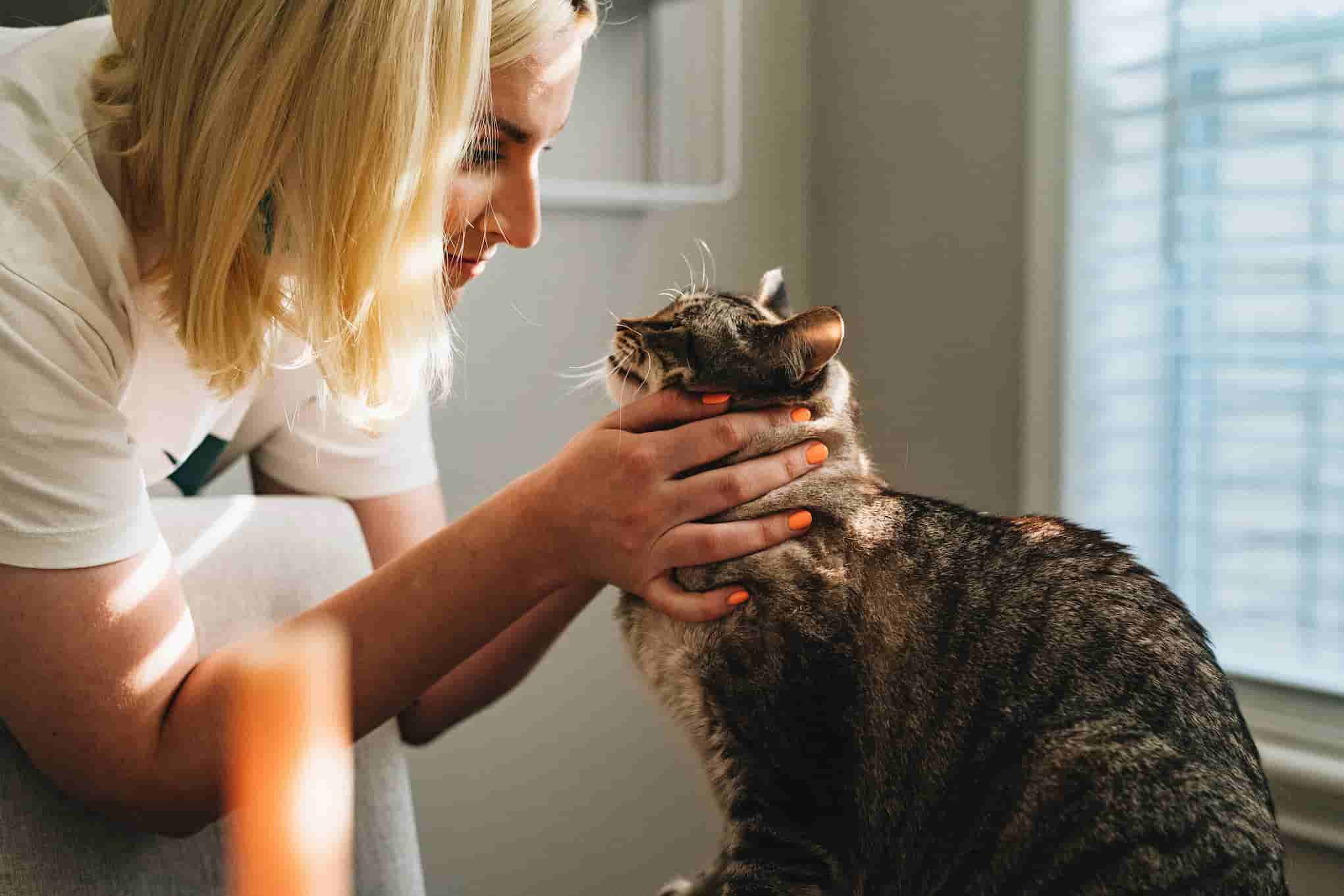
Heavy Breathing in Cats Reasons, Treatment & Prevention
Remember, heavy breathing in cats is generally serious and warrants an emergency vet visit, especially if they require extra effort to breathe or if their breathing rate increases. Familiarising yourself early on with your cat's normal breathing can help you to identify if it becomes abnormal, so this is a good habit to get into..

Cats heavy breathing during early labor YouTube
One of the possible causes of heavy cat breathing is hypertrophic cardiomyopathy. This cardiac disease means that a cat's heart is enlarged, pumping more blood, thus accumulating fluid in a cat's chest or lungs. Except for open-mouthed and hardened breathing, cats with an enlarged heart might also show signs of lethargy.
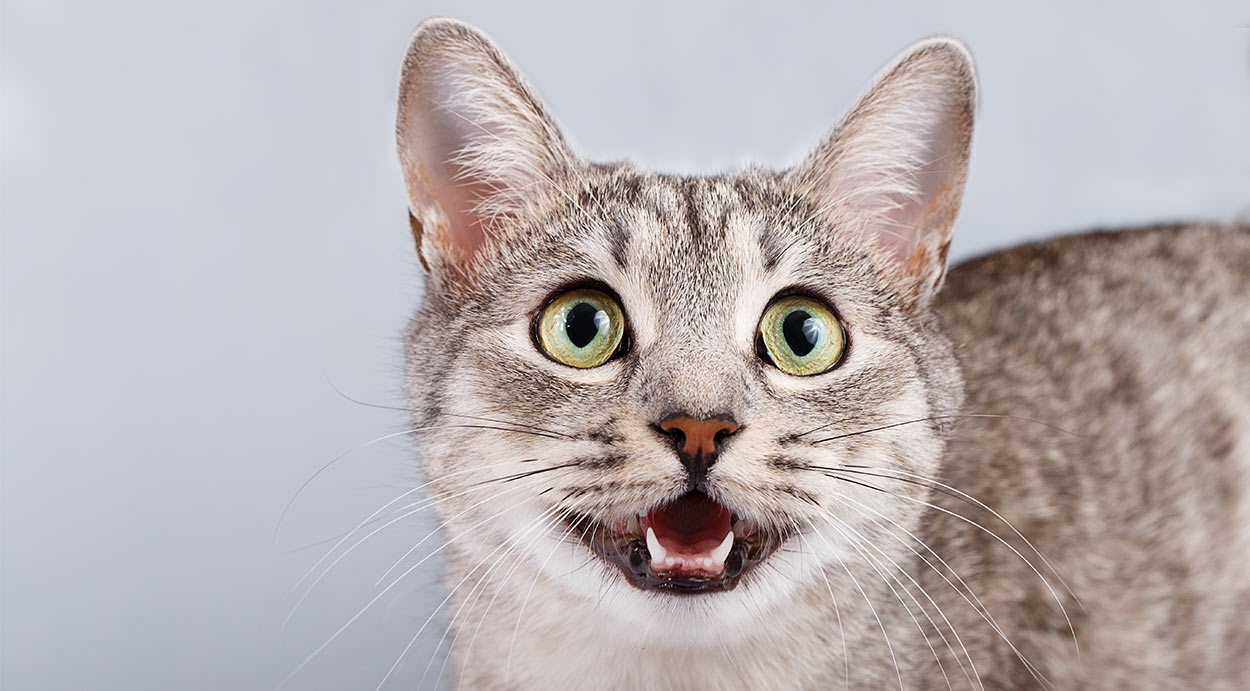
Heavy Breathing Cat Why Is My Cat Panting or Breathing Fast?
Pneumonia. Pulmonary edema. One of the most common causes of heavy breathing in cats is pulmonary edema, a fluid buildup within the lungs. This is often caused by heart failure but can also happen with electrocution, near-drowning, choking, cancer, or other systemic illnesses. 2. Exercise or Stress.

Cat Heavy Breathing Meme Cat Meme Stock Pictures and Photos
Is your cat breathing heavily? This could be a sign of a serious problem. Learn about the causes and treatment of heavy breathing in cats. Read more from Dr..

Heavy Breathing Cat Causes And Solutions For Panting Cats in 2021
Heavy Breathing Cat Types. Dyspnea, tachypnea, and panting are the three categories for your cat's heavy breathing. Let's look at each sort of heavy breathing in greater detail. Dyspnea -Labored Breathing. This is when your cat has trouble breathing. Dyspnea in cats causes the following symptoms: While breathing, their stomach and chest move.